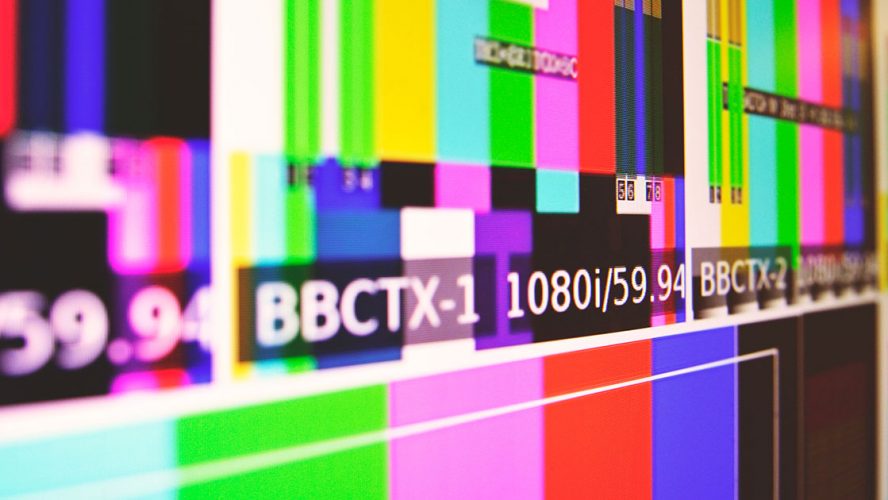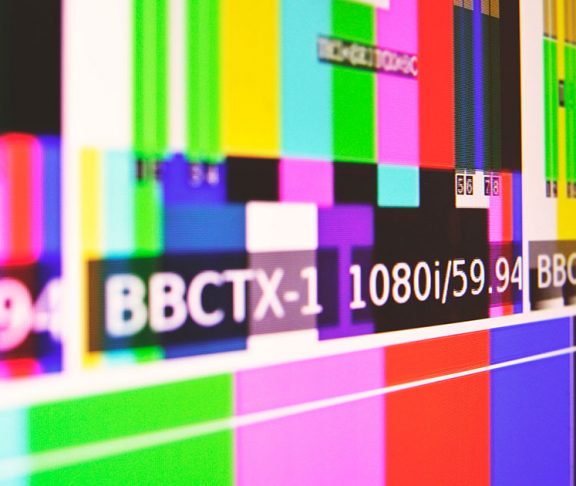I remember the producer’s words as if they were yesterday. My book, “Life Beyond Your Eating Disorder,” was slated for release the following month. In preparation, the public relations department from my publishing house had set up quite the media blitz.
I was speaking to an executive producer from a national morning show in preparation for a possible appearance. After I shared that I had struggled with anorexia, bulimia, and binge eating disorder for more than 10 years and had been recovered for 10 years, the first questions she asked were “how much did I weigh at your lowest?” and “do you have pictures at your sickest?”
A skewed perception
I sat there in silence for a brief moment, pondering her request, and then gave my well-rehearsed response to the question I had been asked so many times before. I told her that I never share that information because I do not want to be triggering to anyone that may be struggling with an eating disorder and watching.
I also shared, in an attempt to downplay the appeal of scary low numbers or pictures, that eating disorders come in all shapes and sizes, and that many people may look perfectly healthy but at the same time are dying because of their disease. I explained it would be such a disservice to so many if we only showed one — very stereotypical — perception of the eating disorder.
Sensationalizing pain
Her response was, “No pictures, no numbers, no story.” She explained that without the pictures and the numbers, the story was not sensational enough to captivate the audience. I urged her to let me on the show to address those questions on live TV. During my struggle I had literally gone from being extremely underweight to what my doctor labeled as “extremely obese.” I was just as sick during my battle with anorexia as I was when I had binge eating disorder.
I also reminded her that more than 30 million Americans are currently battling eating disorders. What they need to hear, more than anything, is that complete recovery is possible. They need to know that if they are struggling that there is hope and people can and do recover.
Telling a different story
My appeal did not succeed. I was not asked to be on the show. However, I have been given the opportunity to speak to more than 200,000 people across the country over the past 16 years about eating disorders and complete recovery.
The next time you are watching a talk show and they run a story on the stereotypical, extremely emaciated young girl with an eating disorder, remember that eating disorders do not discriminate between age, race, sex, socioeconomic status, sexual orientation and body size. Remember that with early intervention and proper treatment, complete recovery is possible. In a million years, I would never have imagined that I could ever live my life recovered. There is hope. Recovery is possible and I am proof.

